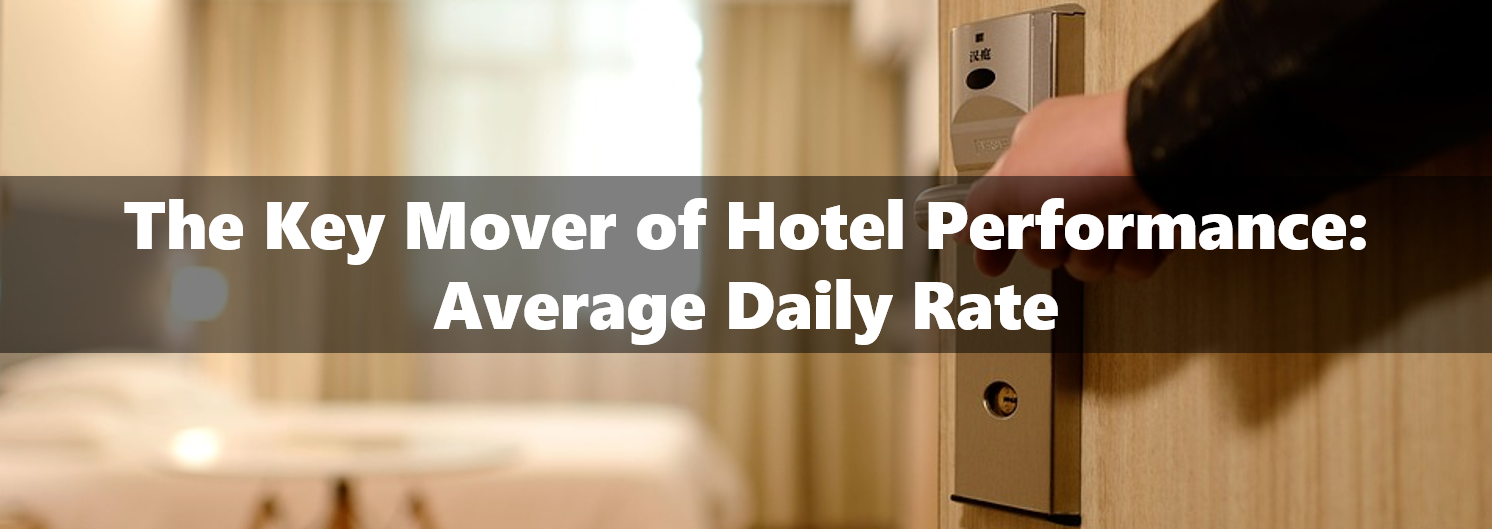
Hotel experts from across the industry converged last week in Memphis, Tennessee, for the Memphis Hotel and Lodging Association’s annual Southern Lodging Summit. Memphis, the birthplace of Holiday Inn and a hub for Hilton Worldwide’s corporate operations, has a rich heritage in hospitality, and many of today’s top hotel executives trace their professional lineage back to the city.
The annual summit is therefore something of a homecoming for hoteliers working for various brands, ownership groups, and management companies across the South. Their discussions and presentations at the conference culminated in an expression of cautious optimism, with high demand and occupancy levels fueling growth, but with pressure coming from average rate stagnation and the looming costs of labor for many hotels.

Nearly all of the Southern Lodging Summit’s speakers and delegates agreed that the operational environment has cooled over the last twelve months. This should come as no surprise, as the red-hot RevPAR growth of the past few years was destined eventually to cool. The conference’s congregation comprised some of the region’s most experienced hoteliers, and none could pinpoint a specific factor responsible for the slowdown of RevPAR growth. The softening was, however, generally attributed to a lack of robust increases in average daily rate, which hoteliers have found difficult to accomplish, even amidst record demand levels.
Going forward, delegates agreed that growth in hotel supply and demand are likely to remain close to equilibrium in most markets over the next two years, with occupancy declining only minimally, if at all, from the current record levels. Continued revenue growth will therefore be heavily dependent on hoteliers’ ability to command higher rates. As such, for most southern hotel markets, and for the nation as a whole, a period of relatively low growth is anticipated over the next few years.
That average rates have not grown significantly, despite peak levels of occupancy and demand, is somewhat of a mystery, as most industry watchers had predicted stronger appreciation by this point in the cycle. Most hoteliers believe that rate growth is being constrained by increased rate transparency across booking channels, which has provided stronger leverage for an increasing volume of comparison shoppers.

Beyond the headline RevPAR trends, Southern Lodging Summit attendees were keeping a close eye on the rising impact of “sharing-economy” lodging companies like Airbnb, as well as rising wages and changing labor regulations. Perspectives on Airbnb ranged from the indifferent to the apocalyptic. However, all participants agreed on the need for increased regulation of Airbnb and similar lodging providers in order to establish adequate safeguards for guests and to eliminate unfair tax and compliance advantages.
In contrast to the call for increasing regulation on Airbnb, many hotel operators decried the ongoing rise in labor regulation, particularly minimum wage legislation and new rules governing overtime for salaried employees. Changing regulations in both of these areas have the potential to significantly inflate hotel labor costs, which comprise the majority of a typical hotel’s operating expenses. It follows that these regulatory changes could substantially affect hotel investment returns, and therefore valuations, if they result in reduced hotel profitability.

Even with slow average rate growth and rising labor costs creating challenges for revenue management, hoteliers at the Southern Lodging Summit retained a positive outlook for the region’s hotel industry. Everyone recognized that hotel companies and many independent properties have been reaping the rewards of multiple years of unprecedented growth in lodging demand and occupancy. In addition, while most hoteliers expect a return to more modest, normalized growth, no one anticipates a sharp reversal of fortunes.

0 Comments
Success
It will be displayed once approved by an administrator.
Thank you.
Error